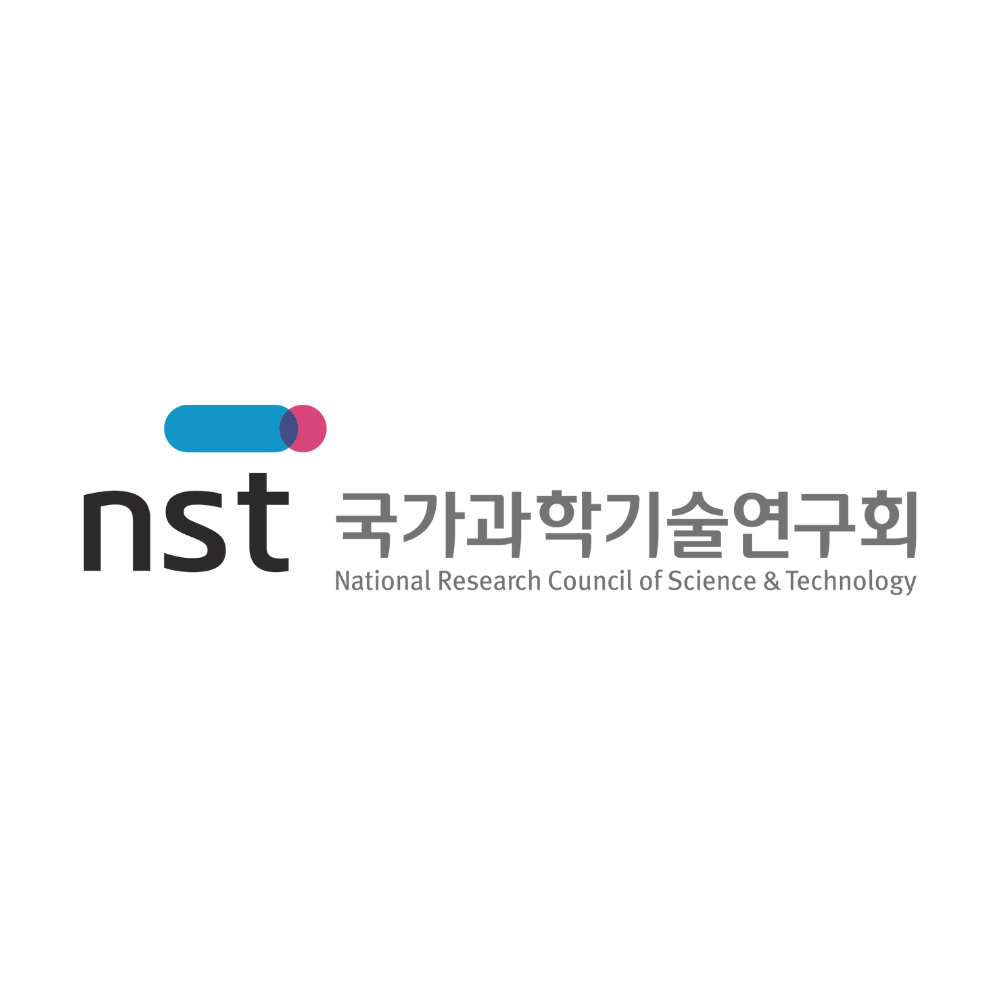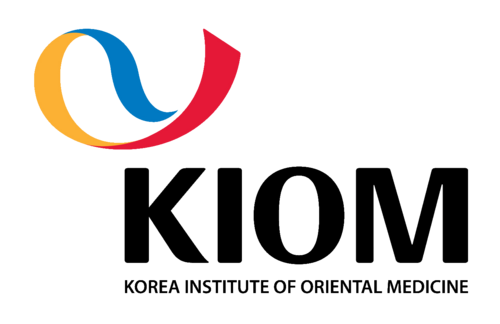The Korea Institute of Oriental Medicine (KIOM) is Korea’s national research institute for traditional Korean medicine (TKM). It investigates the scientific foundations of traditional healing practices, develops modern diagnostic and therapeutic methods, and bridges centuries-old knowledge with contemporary biomedical approaches. The institute’s mission is to provide evidence-based methods for prevention, treatment, and health promotion.
The South Korea Mobility Program gives data science talents the opportunity to undertake a research stay of up to three months at KIOM in Daejeon. Participants work at the interface of biomedicine, natural product research, and data science. They have access to specialized laboratories, clinical research platforms, and large-scale data resources that enable data-driven analysis of traditional medical practices and their integration into modern healthcare systems.

About NST
National Research Council of Science and Technology (NST)
The National Research Council of Science and Technology (NST) currently brings together 23 leading research institutes active in a wide range of fields – from materials science, biotechnology, and energy to space exploration, robotics, and information and communication technologies. It coordinates their strategic direction, fosters synergies among the institutes, and supports the government in shaping research and innovation strategies. In doing so, NST plays a key role in advancing scientific excellence in areas of societal relevance and in transferring technological innovations to industry and society. In addition, it strengthens the international networks of Korean research and enables joint projects with leading research organizations worldwide.
KIOM was established in 1994 under the Ministry of Science and ICT with the aim of putting research on traditional Korean medicine on a solid scientific footing. The institute develops standardized methodologies, conducts clinical trials, and investigates the efficacy of traditional therapies using modern methods from biology, chemistry, and medicine.
A distinctive feature of KIOM is its ability to connect basic science with clinical application. Its research ranges from analyzing active compounds in medicinal plants, to studying molecular mechanisms, to conducting clinical validation. This integrated approach helps embed traditional Korean medicine into international scientific contexts while opening up new opportunities for innovative treatments.
Research priorities:
The work of KIOM focuses on the scientific investigation and further development of traditional medical practices.
Key research areas include:
-
Natural product and drug discovery – isolation and analysis of bioactive compounds from medicinal plants and the development of new therapeutics.
-
Modern diagnostics and treatment methods – scientific validation of traditional practices such as acupuncture and their integration into biomedical models.
-
Systems biology and data science – application of bioinformatics, AI, and big data to analyze complex mechanisms and patterns in traditional medical systems.
-
Clinical research – conducting evidence-based studies on the efficacy and safety of traditional medical approaches.
-
International collaboration – joint projects, exchange programs, and standardization initiatives with global partners in traditional and complementary medicine.
How to Apply
- Step 1: Contact a research group at one of the NST member institutions to discuss the possibility of a three-month research stay.
- Step 2: Submit your application through HIDA
- Step 3: Applications are reviewed by a selection committee, and you will be notified shortly thereafter.
You can find more details about the application process under following link!
Contact
If you have any questions about the South Korea Mobility Program or our other research stay offerings, please don’t hesitate to contact us at any time.

Stefanie Gruber-Sliva
Networks & Mobility Program Manager
Contact







